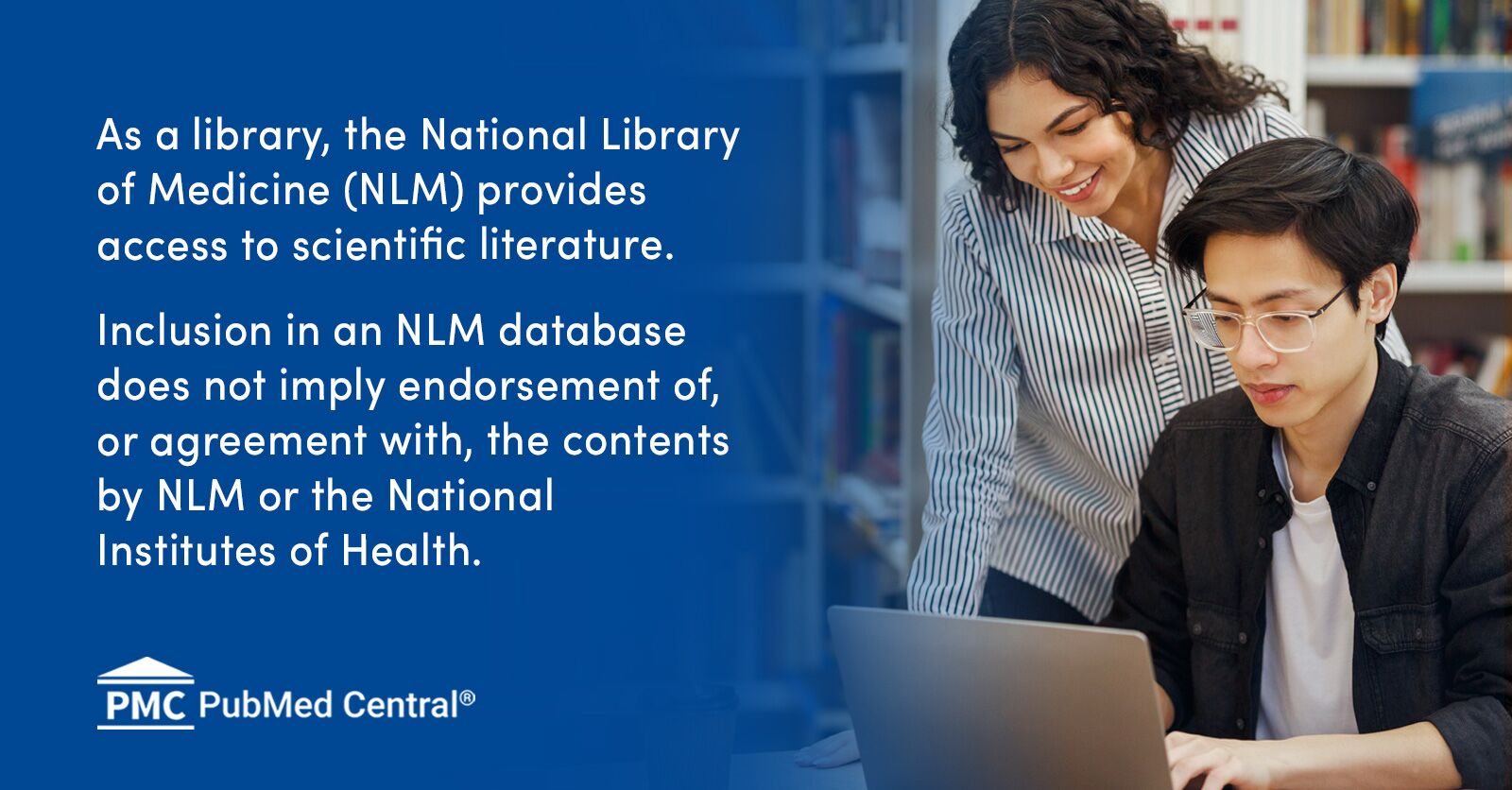
Pharmacists play a crucial role in providing patient care to people of all age groups. In Jordan, where pediatric patients constitute a significant portion of the population, it is essential for pharmacists to have the necessary knowledge and training to provide proper care to this age group. However, a recent study conducted in Jordan revealed that pharmacy graduates in the country lacked basic competencies in pediatric pharmaceutical care.
To address this issue, a qualitative assessment was conducted to evaluate the pediatric content in pharmacy curricula adopted by pharmacy schools in Jordan. The study aimed to explore the opinions and views of faculty members regarding the pediatric courses taught to pharmacy students and identify ways to enhance their experiences and knowledge in pharmaceutical care for pediatric patients.
Importance of Pediatric Care in Pharmacy
Pediatric patients, defined as individuals up to the age of 18, can make up to 25% of the patients served by pharmacists. This ratio is even higher in developing and low socioeconomic status countries. Pharmacists working in hospital and community settings have a crucial role in pediatric care, ensuring medication appropriateness, dosage, and administration for this specific age group.
Unlike adult patients, children usually require fewer medications due to their lower incidence of complicated and chronic diseases. However, selecting appropriate medications, dosages, and routes of administration for pediatric patients can be challenging for pharmacists and other healthcare providers. The limited number of medications approved for pediatric use, ethical issues surrounding pediatric clinical trials, and parental barriers further complicate the situation.
Incorporating sufficient pediatric care training and education within the pharmacy curriculum is crucial to graduating competent pharmacists who can provide optimal care to pediatric patients. This would ultimately help reduce medication errors and drug-related problems in this vulnerable population. Evidence from the literature suggests that pharmacists who undergo pediatric pharmacy education programs experience significant improvement in confidence and competence in pediatric pharmacotherapy.
Assessment of Pharmacy Curricula in Jordan
In Jordan, there are 18 pharmacy schools, including 5 public and 13 private institutions. While all pharmacy schools in Jordan offer a Bachelor of Pharmacy program, two public schools also offer a PharmD program. The majority of students (77.6%) are enrolled in the Bachelor of Pharmacy program, while the remaining 22.4% are PharmD students.
The curricula of these pharmacy programs are routinely reviewed by the Higher Education Accreditation Commission (HEAC). However, the HEAC is not a pharmacy-specific accreditation body and reviews all programs offered by higher education institutions in Jordan. The HEAC mandates that pharmacy curricula include at least 8 credit hours of pharmacotherapy courses without specific recommendations regarding the content of these courses.
A previous study highlighted the lack of basic competencies in pediatric pharmaceutical care among pharmacy graduates in Jordan. To address this issue, the present study aimed to gather faculty opinions and views regarding the pediatric content courses taught to pharmacy students and identify potential ways to enhance their experiences and knowledge in pharmaceutical care for pediatric patients.
FAQs
Q: How many pharmacy schools are there in Jordan?
A: There are 18 pharmacy schools in Jordan, including both public and private institutions.
Q: What percentage of pharmacy students in Jordan are enrolled in the PharmD program?
A: Approximately 22.4% of pharmacy students in Jordan are enrolled in the PharmD program.
Conclusion
The assessment of pediatric content in pharmacy curricula adopted by pharmacy schools in Jordan revealed a need for improvement in the education and training of pharmacy students in pediatric pharmaceutical care. By incorporating more comprehensive and focused pediatric courses, pharmacy schools can ensure that their graduates are competent and capable of providing optimal care to pediatric patients. This will ultimately lead to better medication management and improved patient outcomes in the pediatric population.
